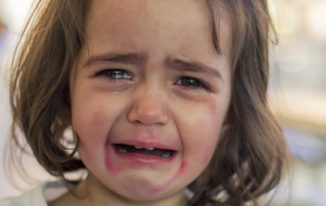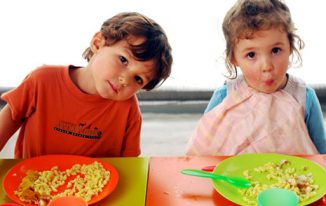Were you spanked as a young child by your parents as a way to discipline you? Did it reform your behavior? Did it make you a better person or did it bring about feelings of resentment and anger?
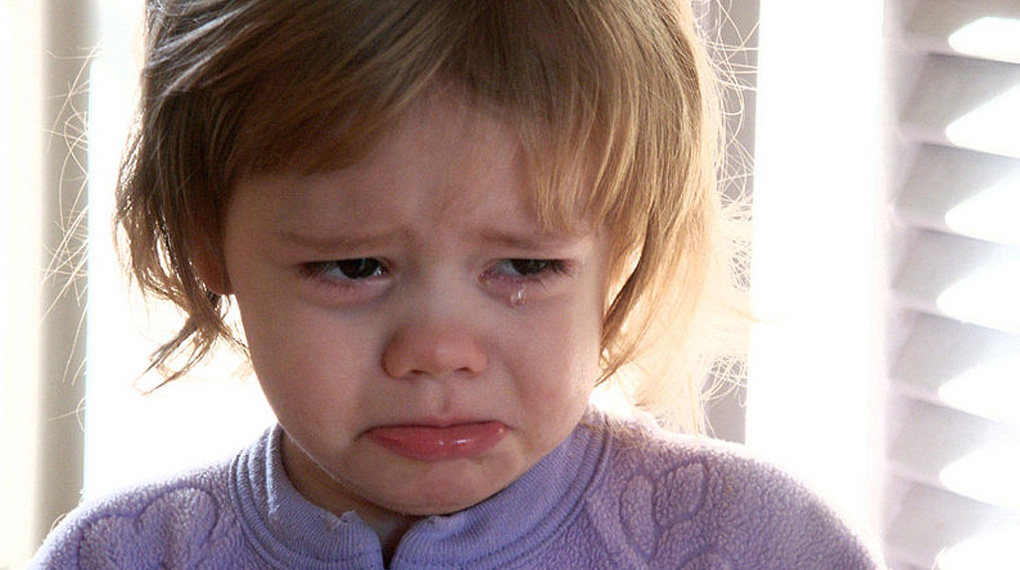
These days, there remains a great divide among parents on whether parents should spank their kids. Here in the U.S. for example, even though spanking has become less popular over time, most polls still show parents favor and approve of spanking their children.
An ABC poll found that:
“Sixty-five percent of Americans approve of spanking children, a rate that has been steady since 1990 … Among parents with minor children at home, 50 percent report that they sometimes spank their child, while 45 percent do not.”
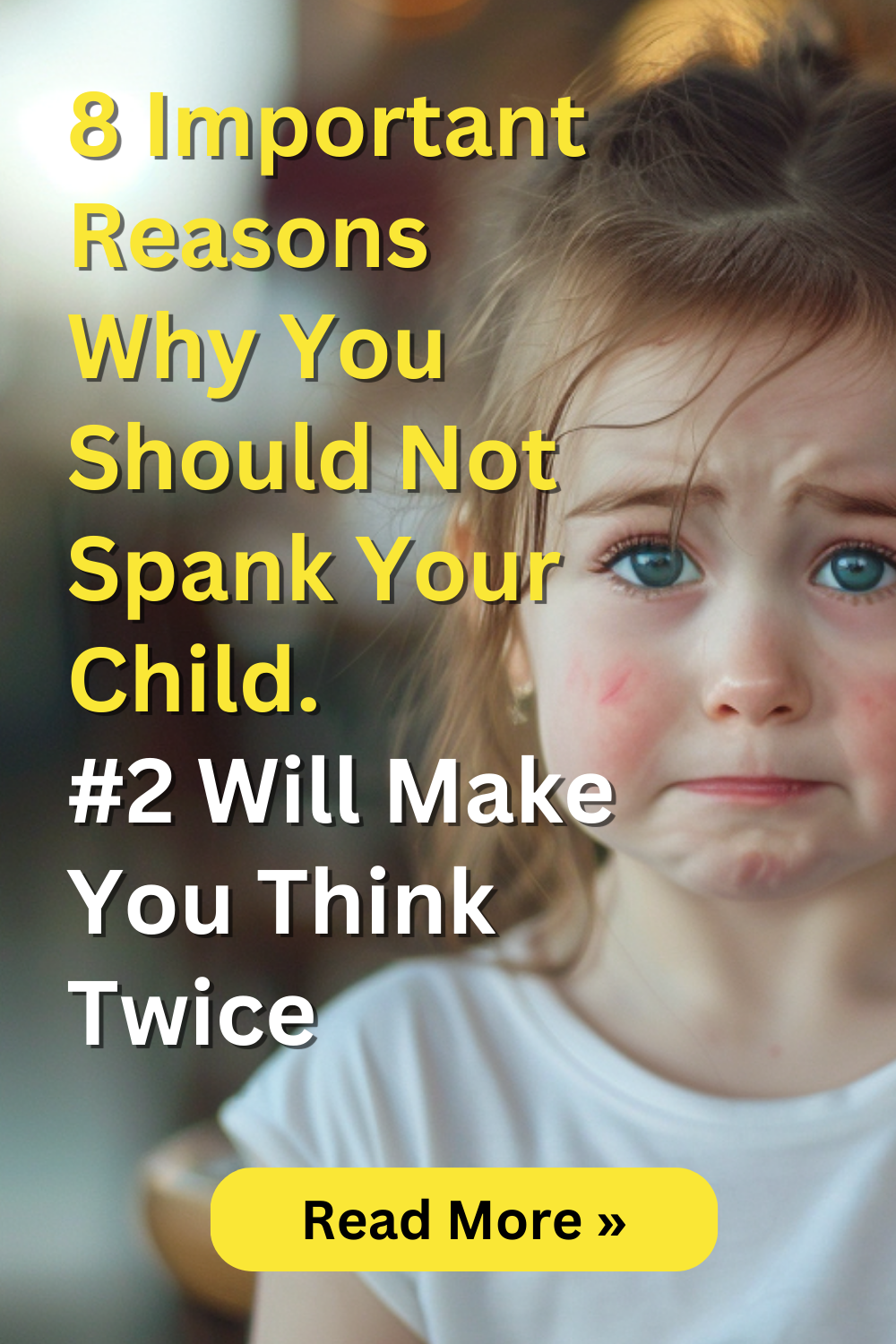
I happen to have grown-up in an age where spanking a child was okay. Yup, I was spanked and I hated it. I swore that my child would never have to go through such an unfortunate experience. Now in her teens, she has turned out to be a loving, well-behaved, responsible, and happy kid — a product of a no spanking household policy.
According to a study published in the Journal of American Academy of Pediatrics, there are serious consequences to applying physical punishment to kids.
“Harsh physical punishment was associated with increased odds of mood disorders, anxiety disorders, alcohol and drug abuse/dependence, and several personality disorders in 2% to 7% of those observed.”
Lina Acosta Sandaal, an expert in child and adolescent development and infant and early childhood mental health, has this to say about spanking:
“The statistics and multiple negative outcomes of children that are disciplined with corporal punishment are well known to those who work with children. Children’s Trends, a research group, found that corporal punishment increases negative outcomes in adolescence like low academic achievement, alcohol and drug use, and antisocial behavior. They also found that the older the age of the child, the greater the negative outcomes.” Source: GoodMenProject.com
With that, check out the list of 8 vital reasons why you should not spank your child.
8. It is too easy for a frustrated parent to cross the line from spanking to abusing.
Unfortunately, by the time the smoke clears, many parents have crossed the line from spanking to hitting, shaking, slapping and other forms of child abuse. Source: ActiveParenting.com
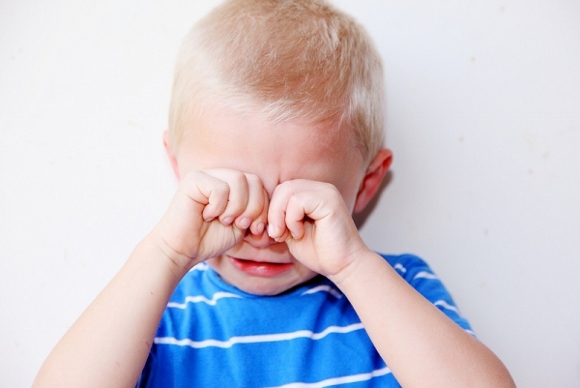
This is the reason why parents who advocate spanking suggest to NEVER spank your child when you are angry. Some parents suggest to calm down first and not spank when your emotions are high.
Of course, when you have calmed down, you probably have by then thought of a better approach to handle the situation than spanking.
We all want our child to build self-confidence. However, Spanking goes counter to helping your child build self-confidence.
7. Spanking makes a child feel helpless and damages self-esteem.
It’s hard to feel like you have any control when you are told that if you don’t stop crying, you will be hit again. It makes a child ask, “What is wrong with me?” It’s hard to feel loved or have any self-worth when even your cries for help are demeaned by the person who is supposed to unconditionally love and protect you. It’s a betrayal. Source: SheKnows.com
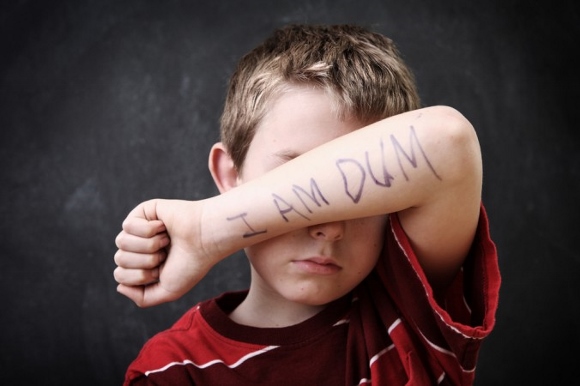
When kids get very emotional, crying is their way of dealing with hurt and pain. Sometimes it takes time for a crying child (especially toddlers) to really calm down. However, some parents really go overboard with spanking, thinking that the threat of more spanking can stop all the crying.
Again, it is best for parents to calm down and try to work out the issue without further spanking.
Young children tend to model after their parents’ way of doing things.
Any aggressive behavior by a parent on a child might be misunderstood by a child as something that is okay to do to others.
6. Spanking teaches aggressive behavior.
Kids who are spanked learn to handle some problems by hitting or threatening to hit. Others find that their parents are too big to get even with, so they take it out on other kids. Source: ActiveParenting.com
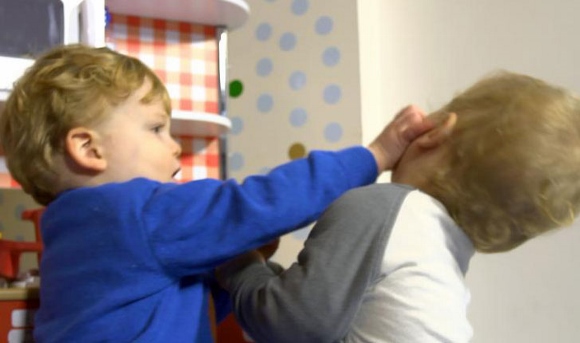
Toddlers are very impressionable. They tend to copy other people’s actions without fully comprehending the reasons for such actions.
According to parenting expert Dr. Michael Popkin:
“We have to teach children that violence is only OK as a measure of restrained self-defense and never a way to “punish” others for misbehavior.”
By doing so, young children will learn to understand that it is not okay to hit others to resolve conflicts.
Sure, spanking might solve the issue with the child at that particular time. However, a child’s feelings of resentment may lead to more misbehaving just to spite a parent to get even.
5. Spanking usually leads to more misbehavior.
The problem with spanking is that it does work … for the immediate misbehavior. Kids will “stop it this instant!” However, they also resent the spanking and seek out conscious or unconscious ways to get even. Source: ActiveParenting.com
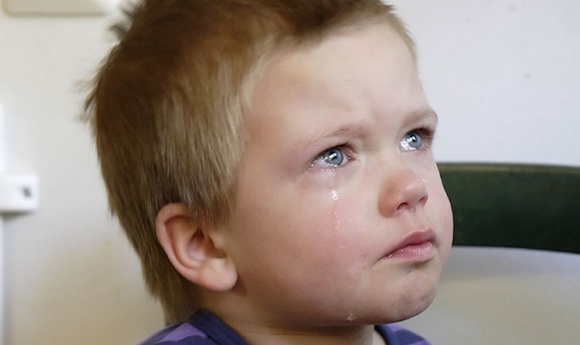
A study featured on Journal of Youth and Adolescence found that:
“… children who acted out more often got spankings that led to more acting out and, in turn, resulted in more spankings.”
In fact, researchers of the study discovered even stronger evidence that spanking children before the age 1 year may be a “catalyst that starts the cycle.”
Building a close and loving relationship with our child is something we strive for.
Did you know that hitting a child does not help build a stronger relationship between you and your child?
4. Spanking can damage your relationship with your child.
Spanking puts an emotional wedge between parent and child. Children depend on their parents to care for them. They trust them and their authority. Authority based on fear makes children lose respect for parents. It is hard to respect someone that hurts you. Source: FamiliesOnTheGo.com
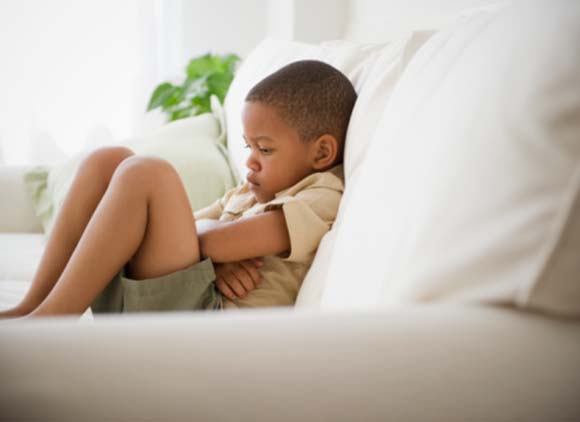
According to Dr. Michael Popkin, author of the best-selling parenting book Active Parenting:
“When you spank often, you create a climate of hurt and revenge that undermines much of the good in the relationship. You may be able to overcome this, but why take the chance when there are better methods available?”
Some parents have felt this emotion after giving their kids some spanking. In fact, parents have felt some guilt that they may have gone overboard with their disciplinary action.
3. Spanking often leaves the parent feeling guilty.
Most parents are aware that spanking is now a controversial parenting method. Even the American Academy of Pediatrics has come out against spanking. But even before this, many parents could sense that something was not right about hurting a child “for his own good,” and feel guilty afterwards. Source: ActiveParenting.com
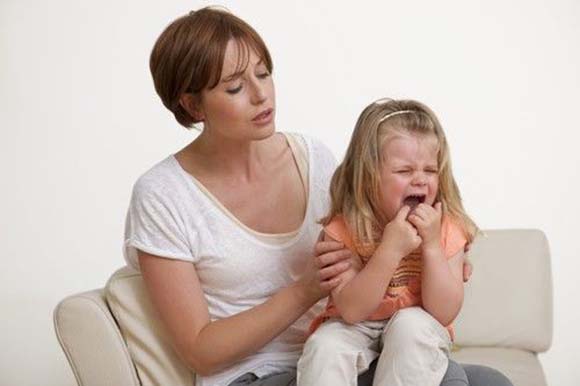
Any parent who loves their child dearly is bound to also feel the hurt and guilt after spanking their child. As parents, we need to have confidence in our parenting methods.
If your approach to resolving an issue with your child brings about feelings of guilt, then you might like to look into better approaches of discipline or resolving issues that you will have more confidence in.
Frequent spanking has been found to cause this potentially troublesome long-term effect
It has been found that there is a direct correlation between mental illness and high incidences of childhood spanking.
2. Spanking can increase the likelihood of developing mental health symptoms.
According to this study, links have been found from later mental health diagnoses to higher incidents of childhood spanking for disciplinary purposes. I am willing to bet that when spanking your child, your intention wasn’t to create long-term psychological problems. Source: PsychCentral.com

Michele Knox, a psychiatrist who studies family and youth violence at the University of Toledo College of Medicine agrees with those findings.
Dr. Knox says:
“Spanking and other forms of corporal punishment have a huge variety of negative outcomes, and almost no positive outcomes. Those negative outcomes include aggressive behavior and delinquency in kids.”
Furthermore, research studies have found that harsh physical punishment in the absence of child maltreatment can also be associated with the following:
- mood disorders
- anxiety disorders
- substance abuse/dependence; and
- personality disorders
These research findings surely are worth thinking about as your child’s future may depend on how you instill discipline with them now.
If you think giving your child some whooping is the ultimate answer to misbehaving, think again.
Spanking is not the answer as there are other ways for you to deal with a misbehaving child.
1. There are many more effective methods of discipline.
The bottom line in all of this is that there are better ways to discipline kids in our modern society — methods such as polite requests, “I” messages, firm reminders, logical consequences, active problem-solving … These methods not only solve behavior problems but also help build such qualities of character as responsibility, cooperation, courage, respect and even self-esteem. Source: ActiveParenting.com
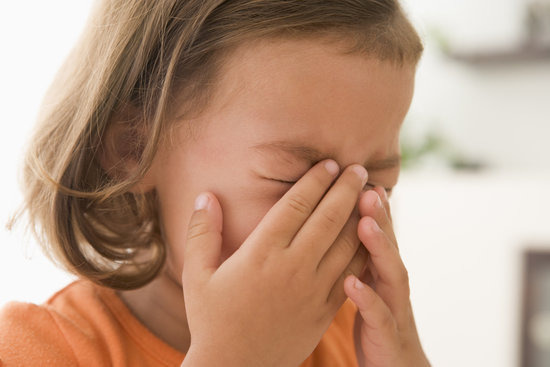
According to Dr. Bryan Carter, Ph.D., a pediatric psychologist and professor in the U of L Department of Pediatrics/Bingham Clinic, and director of the Pediatric Consultation Service at Kosair Children’s Hospital:
“While spanking may give the child a signal as to what NOT to do, it fails to teach the important skills of problem solving and decision making, that is, what TO DO.”
The above are just some of the few reasons why I don’t spank my child. I also think that you should not either.
There are much better ways to discipline a child which do not involve any form of physical harm. You can check them out here.
If you by any chance have the urge to spank your child, please pause and give it some serious thought. I’m sure you can do a better job of parenting your child without any form of spanking.
If you agree with this article, please do feel free to pass this along and let other parents know why spanking is not a solution for disciplining a misbehaving child.
What’s your position on spanking? Is this an acceptable form of discipline or not?

